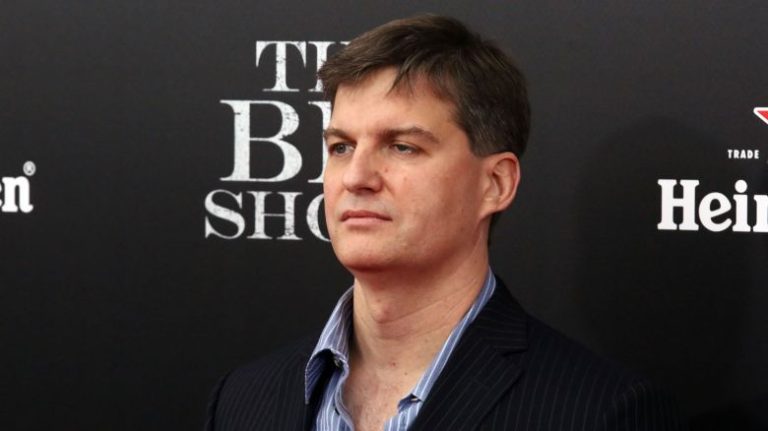Michael Burry, the “Big Short” investor who became famous for correctly predicting the epic collapse of the housing market in 2008, has bet more than $1.6 billion on a Wall Street crash.
Burry is making his bearish bets against the S&P 500 and Nasdaq 100, according to Security Exchange Commission filings released Monday. Burry’s fund, Scion Asset Management, bought $866 million in put options (that’s the right to sell an asset at a particular price) against a fund that tracks the S&P 500 and $739 million in put options against a fund that tracks the Nasdaq 100.
Burry is using more than 90% of his portfolio to bet on a market downturn, according to the filings.
But Burry appears to have been wavering between bullish and bearish on his stock picks this year. In January, he tweeted a cryptic message to his 1.4 million followers. “Sell,” he wrote. But by the end of March, he backtracked. “I was wrong to say sell.” he wrote. The S&P 500 and Nasdaq 100 have both notched big gains so far this year. They’re up nearly 16% and 38%, respectively.
In the mid-2000s, Burry was famous for placing a wager against the housing market and profited handsomely from the subprime lending crisis and the collapse of numerous major financial entities in 2008. The event was chronicled by Michael Lewis in his bestseller “The Big Short: Inside the Doomsday Machine” and later adapted into a film where Burry was played by Christian Bale.
Getting out of regional banks and China
Burry’s fund is also getting out of its shares in a number of regional banks – it sold its 150,000 shares of First Republic Bank (FRC) as well as holdings in Huntington Bank PacWest (PACW) and Western Alliance (WAL). It’s unclear whether these sales took place before or after JPMorgan Chase took over First Republic Bank (FRC) in May.
Burry also reversed course on Chinese stocks – selling his shares of JD.com (JD) and Alibaba (BABA) in the second quarter of the year.
A little long
There are some names that Burry and his team at Scion are betting on.
About 6% of the company’s stock portfolio is long and in the second quarter of the year he increased his exposure to the travel and healthcare industry – purchasing shares of Expedia Group (EXPE), MGM Resorts (MGM), CVS (CVS) and Cigna (CI).
Burry also purchased $4.7 million shares worth of CNN parent company Warner Bros. Discovery (WBD) and $3.3 million in online second hand retailer, The RealReal (TRR). But in financial circles, Michael Burry’s bearish predictions often garner more attention than his optimistic bets.
While one big payoff doesn’t guarantee future returns, Burry does have a strong investment record. Traders following the investments disclosed by Scion’s over the last 3 years (between May of 2020 and May 2023) would have made annualized returns of 56% according to an analysis by Sure Dividend. Over the same period, the S&P 500 had annualized returns of about 12%.
— CutC by cnn.com


